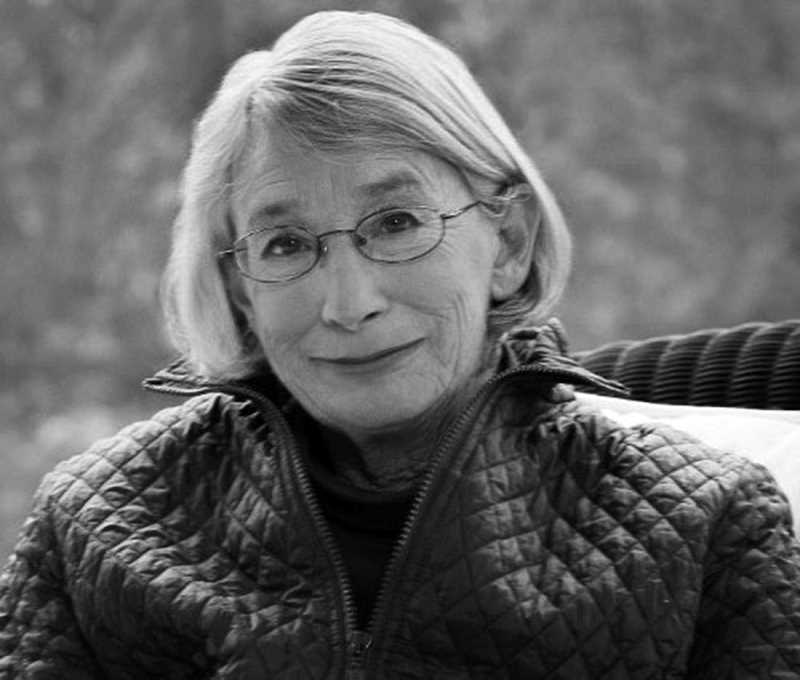By Elise Steel
My faith journey started when I was seventeen years old. I thought God had complete control of the world—so much control that once someone became a Christian, bad things no longer happened to him or her. Life would be emptied of terrible, unfortunate incidents.
That logic worked for me for some time. If a “bad” thing seemed to happen—like a breakup or not getting the perfect job—it was easily dismissed in my Christian community as not what God wanted for me. There would be better opportunities just around the corner. “If God closes a door he opens a window.” Many such clichés defined my journey with God at the time.
However, on July 5, 2010, I became utterly lost on my faith journey when my brother Casey tragically died at twenty-nine years old.
How could this happen? Had God lost control? Suddenly the scenery of faith looked very unfamiliar. The world did not make sense. I could not rationalize this experience with my understanding of God. Not only was the door closed, but it felt like the windows were boarded up as well.
By reading as many books as possible on the subject of loss, I figured I would surely discover how God could fit back into God’s box and my journey to my perfect life could commence again. But that was not to be the case. I could not dismiss Casey’s death as God wanting something else for us. The pain of it all was entirely consuming. For me, books about stages of grief and God’s grace and peace were entirely useless.
 It was not until I found myself thumbing through a poetry book, Thirst, by Mary Oliver, that I found words that brought a balm to my pain and opened my eyes to the reality of a true journey of faith.
It was not until I found myself thumbing through a poetry book, Thirst, by Mary Oliver, that I found words that brought a balm to my pain and opened my eyes to the reality of a true journey of faith.
That time
I thought I could not
go any closer to grief
without dying.
I went closer,
and I did not die.
Oliver put words to my pain that no book, friend, or professional therapist had been able to do. She spoke of God in a way that allowed God to still be all-powerful, loving, and good. I could still have unbearable pain and sadness. I could still have my faith challenged and reshaped. In the above stanza from “Heavy,” I drew wisdom from the idea that grief cannot consume me, and that God remains steadfast in spite of my frailty. I gained strength from my adversity. I could embrace the pain but also move beyond it.
As I read more poetry surrounding death and loss, I found I had been traveling my journey of faith with rose-colored glasses that not only distorted the reality of God’s work within our world but also minimized my own journey. Dismissing trials and tribulations instead of holding on to them and working through them made my relationship to God shallow—I treated God more as a vending machine dispensing to me all my wants and desires, rather than a God who would enter into my mess of life and be with me.

In those early stages of my faith journey, pain, brokenness, and hurt had to be disregarded, but through poetry I learned that pain, brokenness, and hurt may be embraced, woven into the fabric of our story. And then we are led deeper into the heart of a God who experienced pain, brokenness, and hurt to lead us into everlasting life and love.
Someone I loved once gave me
a box full of darkness.
It took me years to understand
that this, too, was a gift.
Oliver wrote this collection after losing her partner of more than forty years. Her poetry was a guide to me as I dredged my way through grief. I will never see Casey’s death as a good thing, but I have seen beauty come from the ashes. I now understand the depth of anguish the poet grasps to articulate. I can sit on the mourners’ bench with others, full of “Why God?” while at the same time able to say along with Oliver, “O Lord…of mercy, though I am not ready, nor worthy, I am climbing towards you.”














